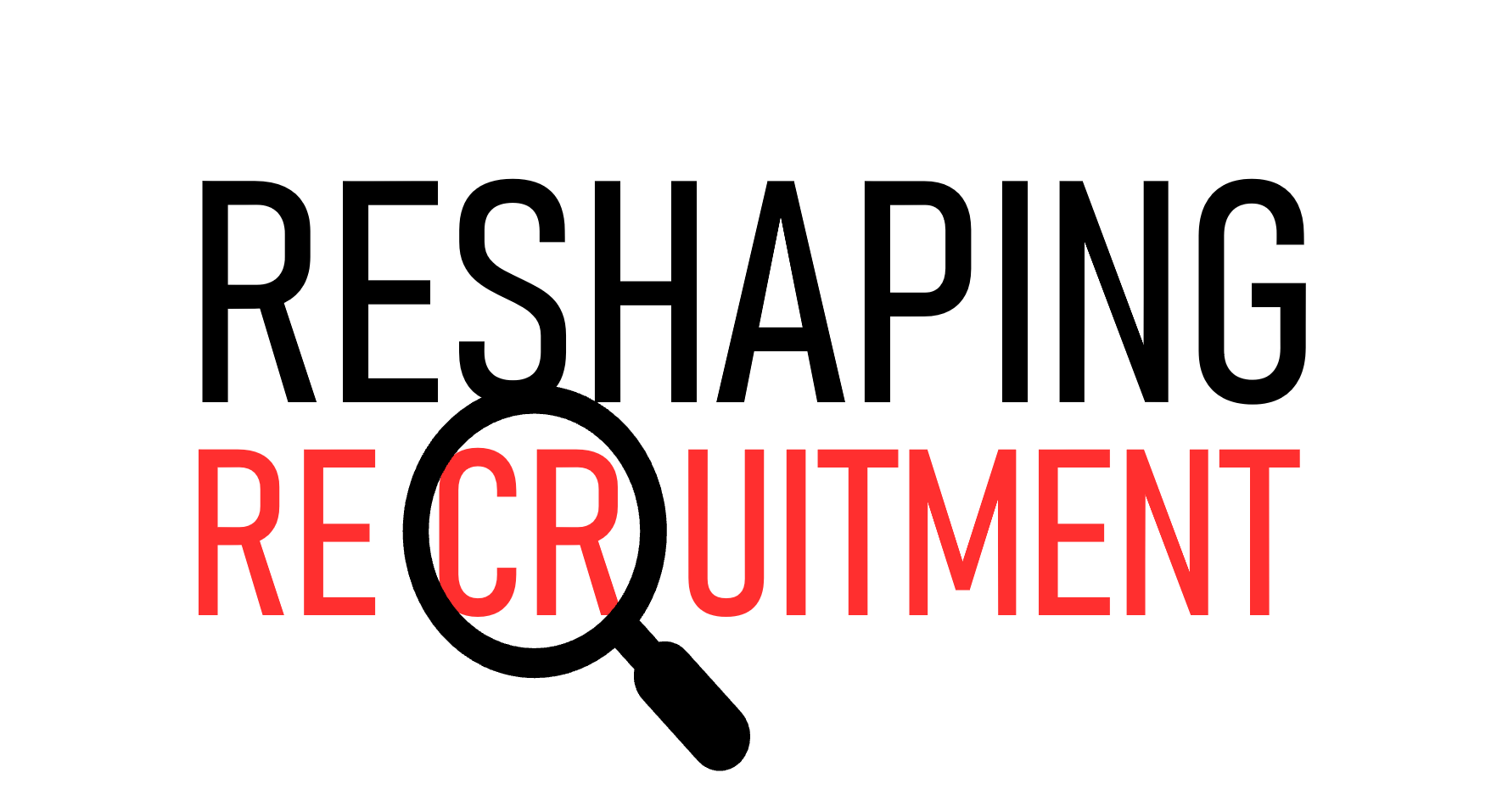
Google's AI Search Has A Fatal Human Problem
Google's AI Search Has A Fatal Human Problem
I've spent the last five years watching companies rush toward AI solutions, and Google's new AI Mode search feels uncomfortably familiar. The tech giant is enhancing its search engine with Gemini 2.0, promising an entire page of AI-generated results for complex queries. But I've seen this movie before, and I'm not convinced the ending has changed.
Google's move isn't surprising. With ChatGPT nipping at its heels, they needed a counterpunch. AI Mode will initially roll out to Google One AI Premium subscribers in the US, allowing users to ask detailed, multi-part questions with follow-up capabilities.
Sounds impressive. But here's what caught my attention: Google's own acknowledgment that their AI will sometimes produce "hallucinations" – tech-speak for making things up.
This is the fatal flaw nobody's talking about.
When AI Gets Creative With Facts
In my work implementing AI across recruitment and sales processes, I've learned an uncomfortable truth: AI systems are magnificent assistants but dangerous decision-makers. They're tools, not oracles.
Google's approach reveals the fundamental tension in modern AI implementation. They're building a system that can generate comprehensive answers and comparisons by tapping into Google's Knowledge Graph and real-time information. But they can't guarantee accuracy.
The consequences for business users go beyond mild inconvenience. Imagine making hiring decisions based on industry trends that never existed or competitive analyses built on fictional data points. I've seen executives make million-dollar mistakes trusting AI outputs without human verification.
The Hybrid Approach Google Missed
What frustrates me about Google's implementation is how close they came to getting it right – yet ultimately missed the mark. They've created a powerful AI system but failed to properly integrate the human element.
Through years of developing what I call the Hybrid AI Workforce approach, I've discovered that the magic happens at the intersection of machine intelligence and human judgment. AI should enhance human capabilities, not replace human discernment.
Google's system focuses on generating comprehensive answers rather than supporting better human questioning and verification. It's built to compete with ChatGPT rather than to fundamentally improve how humans and machines work together.
This matters deeply for anyone using search for business intelligence.
What This Means For Your Business
The rollout of Google's AI Mode represents one of the most significant changes to search in years. But its impact on your business depends entirely on how you approach it.
I've implemented AI systems for companies ranging from small businesses to industry giants. The difference between success and failure rarely comes down to the technology itself. It's about the implementation framework.
For recruitment professionals, Google's AI search will change how candidates find and evaluate opportunities. It will transform how job seekers research your company and industry. But relying on it without verification creates significant risks.
The companies that will thrive in this new landscape won't be those that blindly adopt AI search. They'll be organizations that develop systematic approaches to verifying AI outputs and maintaining the critical human elements of decision-making.
Building Your AI Safeguards
I tell my clients that AI implementation without a verification framework is like driving blindfolded. You might reach your destination, but the risks far outweigh the benefits.
Start by creating clear protocols for which decisions can be AI-assisted versus which require comprehensive human review. Develop verification frameworks that catch AI hallucinations before they become costly mistakes.
Train your team to recognize the patterns of AI-generated content and to question outputs that seem too perfect or too comprehensive. The most dangerous AI hallucinations aren't the obvious errors – they're the plausible-sounding falsehoods that slip through unnoticed.
Most importantly, remember that AI search tools are meant to support human intelligence, not replace it. The most successful organizations will use Google's AI Mode as a starting point for deeper investigation, not as the final word.
The Human Future of AI Search
I remain optimistic about AI's potential to transform business processes. But Google's implementation reinforces my conviction that we need a more balanced approach.
The future belongs to companies that master the delicate dance between artificial intelligence and human insight. Those who trust AI blindly will stumble. Those who ignore it entirely will fall behind. But those who build thoughtful hybrid systems will thrive.
Google's AI search represents a powerful new tool in your arsenal. Just remember – a tool is only as good as the craftsperson wielding it. And no matter how sophisticated the AI becomes, the human element remains irreplaceable.
As we navigate this new frontier of AI-powered search, let's not lose sight of what makes human judgment unique – our ability to contextualize, to empathize, and to recognize when something just doesn't feel right. These qualities can't be programmed. And they're precisely what will separate successful AI implementations from costly failures.
Google's AI search has a human problem. But with the right approach, it doesn't have to be your problem too.

